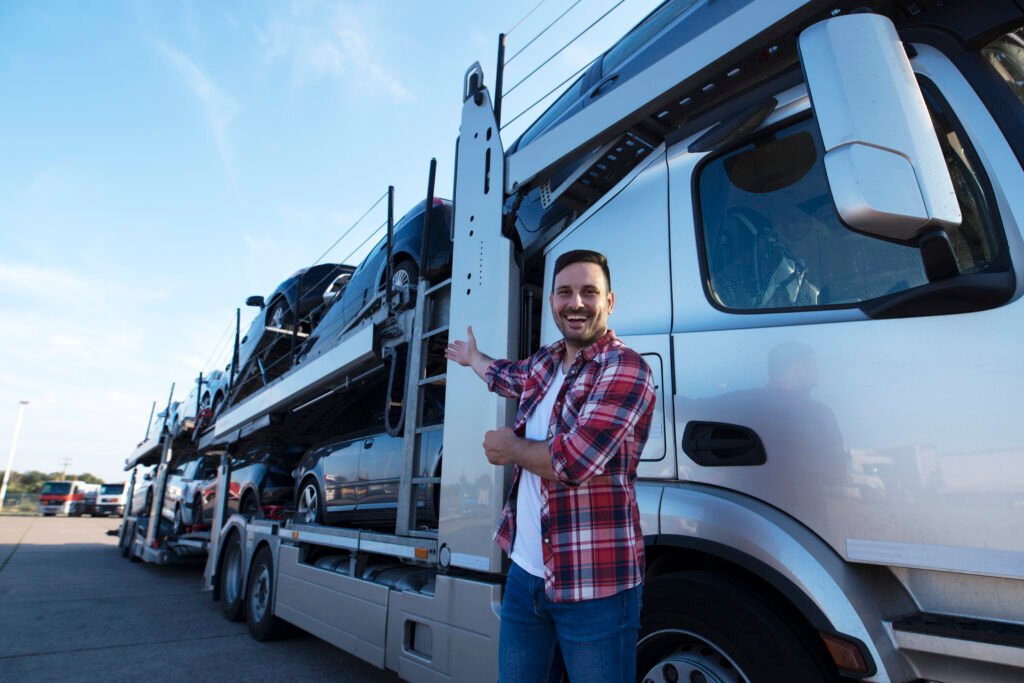If you’re in the business of transporting vehicles, you already know that auto hauling is a high-stakes operation. You’re not just driving from point A to point B, you’re responsible for expensive cargo, strict delivery timelines, and often unpredictable road conditions. And while the trucking industry has faced rising costs across the board, auto haulers carry an added layer of risk that makes proper insurance coverage not just important, but essential.
The Rising Costs of Auto Hauling Insurance
The commercial auto insurance market has grown significantly over the past few years. In 2023 alone, the global market reached an estimated $78.5 billion, and it’s projected to grow to $112.3 billion by 2033. One of the main reasons behind this growth is the increase in claims and litigation. Settlements are rising dramatically, in fact, average liability settlements increased by 39% between 2019 and 2023, and “nuclear verdicts” (jury awards exceeding $10 million) have become more frequent. For businesses operating in high-risk sectors like auto hauling, this has led to higher premiums and stricter underwriting.
Premiums vary depending on several factors, but one thing is clear: hauling cars across the country isn’t cheap. In Massachusetts, for example, the average commercial truck insurance premium is around $5,447, but the national average for fleets with broader coverage can easily exceed $17,000 per year. Driving records, safety technology, number of units, and regulatory compliance all influence how much you’ll pay and how well you’ll be protected.
Why Standard Commercial Insurance May Not Be Enough
From an insurance perspective, auto hauling involves multiple layers of risk: potential damage to the vehicles in transit, liability to third parties on the road, and exposure to lawsuits in case of accidents. A basic commercial auto policy might not be enough. Many haulers also underestimate the value of Uninsured and Underinsured Motorist (UM/UIM) coverage, which becomes critical when accidents involve at-fault drivers who either lack coverage or carry insufficient limits.
With rising medical and repair costs, one uninsured claim could result in thousands of dollars in out-of-pocket losses, unless you’re protected by the right policy structure.
New Law Alert: English Proficiency Requirement for Commercial Drivers
In mid-2025, the Federal Motor Carrier Safety Administration (FMCSA), along with the Commercial Vehicle Safety Alliance (CVSA), reinstated strict enforcement of the English proficiency rule for commercial drivers. This means that during roadside inspections, drivers must be able to speak and read English well enough to understand highway signs, interact with law enforcement, and fill out required documentation.
Drivers who fail this requirement can now be placed immediately out of service, a move that can seriously disrupt deliveries and even raise questions about coverage validity in the event of a claim. For immigrant-owned businesses, this rule introduces another layer of compliance that must be addressed not only through HR practices, but also in partnership with your insurance broker.

What to Discuss With Your Auto Hauling Insurance Broker
To stay protected and compliant in today’s climate, make sure your insurance broker addresses key areas like:
Inclusion of Auto Liability, Cargo Coverage, Physical Damage, and UM/UIM coverage
Telematics options for discounts and risk monitoring
Fleet-wide compliance with English language requirements
Strong legal defense coverage to protect against large verdicts
Final Thoughts: Insurance Is Your Auto Hauling Safety Net
Auto hauling is more than just transportation, it’s an operation that carries responsibility, regulation, and risk. With claim costs on the rise and new compliance standards like the English-language rule now in effect, business owners can no longer afford to rely on basic policies or outdated assumptions.
At Premium Insurance Group, we specialize in building insurance solutions that actually work for the auto hauling industry. Whether you’re just starting your fleet or expanding to new states, we’ll walk you through the coverages you need, and make sure you’re protected when it matters most.




